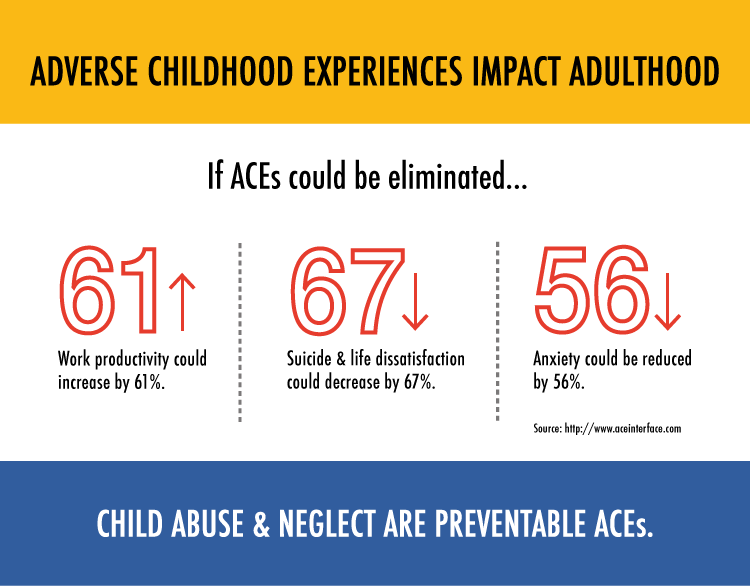I got to talk on the radio recently about depression, suicide, and teenagers. I’m glad to continue to spread the message about adolescent mental health concerns, even though it’s always sobering to consider how mental and physical health issues can be created or exacerbated by so many preventable factors.
I’m a big fan of the Adverse Childhood Experiences (ACE) Scale as a quick way to look at what sorts of factors may have been present – or absent – in my clients’ lives that may impact them to this day. None of us exist in a bubble. There’s good research on how trauma, neglect, race, class, immigration status, gender and gender identity, and so much else plays into how others treat us, brain function, and how we end up feeling about ourselves. (Here’s a recent reminder of racial bias affecting views toward young black girls.)
In my work as a therapist, I continue to be committed to seeing my clients as individuals whose own stories and experiences are a part of a larger social and cultural framework.

